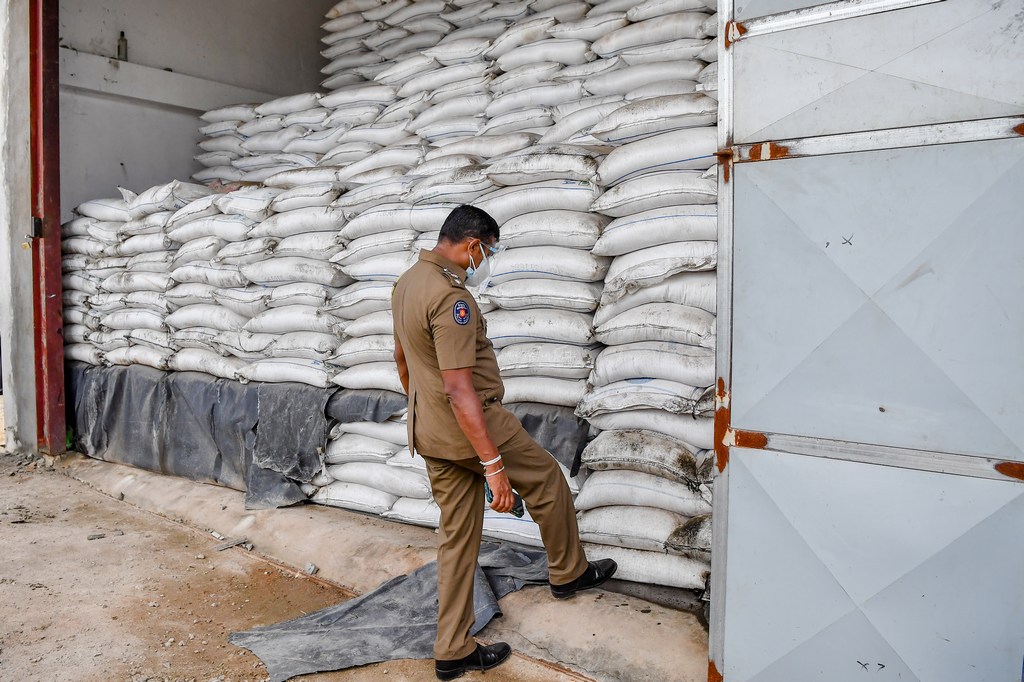No food shortage in the country – Sri Lanka government
Sri Lanka Government says there is NO food shortage in the country. Government requests public not to panic over food shortage as there are enough stocks.
Government denied foreign news reports which published foreign media outlets claimed government declared the state of emergency over food shortages.
Government further says that emergency regulations declared in order to defeat the artificial food shortage.
Officials have carried out market investigations to found unregistered paddy warehouses in the North Central and Eastern Provinces during the last week and the Consumer Affairs Authority has sealed off 8,000 metric tons of 52 unregistered paddy stores.
Meanwhile, The Commissioner General of Essential Services, Major General N.D.S.P. Niwunhella said that 29,900 metric tons of hoarded sugar found in warehouses was confiscated by the government following the investigations and operations carried out today (01). The consignment of sugar is planned to be sold to the public through state and private traders’ outlets at a controlled price.

The import duty of Rs. 50 per kilo of sugar was reduced to 25 cents per kilo from October 14, 2020 to provide relief to the consumers. The volume of sugar stored in the country at that time was 88,878 metric tons.
According to the Consumer Affairs Authority, 584,000 metric tons of sugar was imported between October 14, 2020 and June 30, 2021. The monthly demand for sugar in the country is around 35,000 metric tons.
However, data from the Consumer Affairs Authority reveals that sugar imports have exceeded the annual sugar requirement. An attempt has been made in the recent past to create an artificial shortage of sugar in the country and to sell sugar at a very high price, causing great inconvenience to the consumer.
As per the powers vested in terms of the section 2 of the Public Security Ordinance, President Gotabaya Rajapaksa declared emergency regulations formulated as per the section 5 on essential food supply, with effect from the midnight of 30th August, 2021, by enforcing directives under the section ii of the Ordinance.
Accordingly, the President took measures to appoint a Commissioner General of Essential Services and gave him the authority to coordinate the supply of paddy, rice, sugar and other consumer goods that are essential to maintain the livelihood of the people.
The Commissioner General of Essential Services said steps were taken to confiscate the hoarded sugar stocks by conducting raids in order to safeguard the interests of consumers and then release these stocks to the market under a fixed price.

